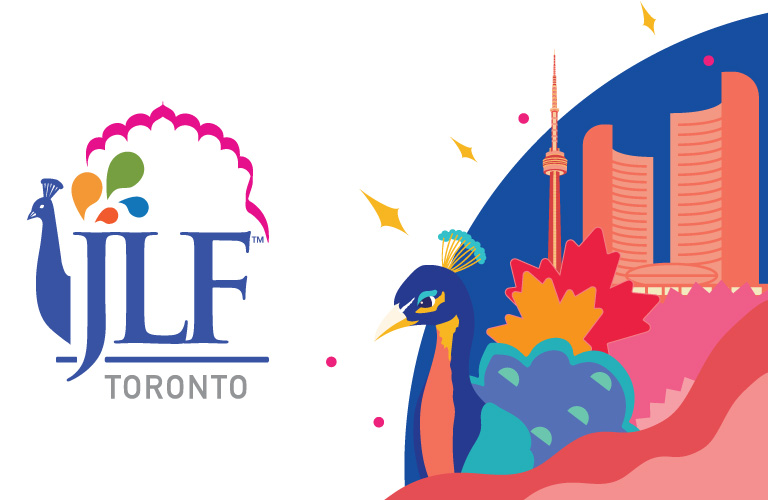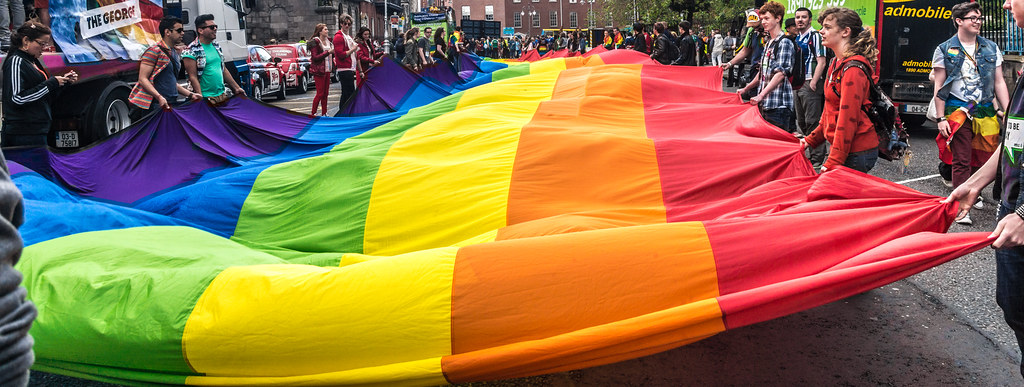


LGBTQ Literature
“I was determined that in fiction anyway two men should fall in love and remain in it for the ever and ever that fiction allows.”
― E.M. Forster
The last novel written by EM Forster that was published in his lifetime was A Passage to India. This was in 1924. Till his death in 1970, there seemed to have been a self-imposed silence for the rest of his life. His readers were perplexed by this. A year after his death, his novel Maurice was published. A story about the relationship between two men, it was a love story close to his heart.
It is said that Forster visited the poet Edward Carpenter and the latter’s lover touched him gently on his back
Forster wrote in his diary, ‘as much psychological as physical. It seemed to go straight through the small of my back into my ideas, without involving any thoughts’. And this led to the novel Maurice. However, he was convinced that publishing the novel in his lifetime would expose his homosexuality, which in turn would hurt people close to him. Besides, he believed that public attitude towards homosexuality had not progressed beyond ‘familiarity and contempt’. The last years of his life must have been tortured, as he continued to write stories of homosexual love that could not be shared with the world. The world’s attitude towards homosexuality and its expression in literature would take a while to change from ingrained perceptions over centuries.
Oscar Wilde, in the late 19th century, had been sentenced to two years of imprisonment for his homosexuality. Despite being a much-loved author of the time, this reaffirmed societal disapproval of homosexuality.
From a period when homosexuality remained secretive, to today, when LGBTQ literature has taken wings, the evolution of the genre has been a reflection of our society’s attitude towards alternate choices in sexuality.
Ancient Greece and Rome had some acceptance of homosexuality, especially male-male attraction. Writings by Plato and Virgil talk about love between heroes and common folk. Sappho wrote poems themed on female centric love. Many centuries later, in the 19th century, subversive writings by the likes of Walt Whitman, Oscar Wilde, Marcel Proust, Emily Dickinson, and Virginia Woolf made indirect references to such relationships. The 20th century changed that and a rich collection of works emerged.
Discrimination and persecution of authors who have penned books with themes revolving around homosexuality have continued through history. Oscar Wilde was neither the first nor the last to pay a price for being open about his sexual preferences. Even today there are instances all over the world where literature that openly discusses homosexuality is scrutinised far more and through a biased lens.
While E M Forster decided to keep his homosexuality a secret and continued to write, Gore Vidal wrote The City and the Pillar at age 22. Published in 1948, this was a path-breaking novel in which the openly gay protagonist, Jim Willard, discovers his sexuality when he falls in love with his friend Bob Ford. The liberation that Jim felt as he embraced his friend echoed the sentiments of a section of society that had remained silent for years. In Vidal’s words, ‘This was his world and he was alive.’ Not without controversy, at the time of its release, many major newspapers, including The New York Times, refused to review it, and as late as 1975 a copy was confiscated at an airport for obscenity.
George Isherwood’s A Single Man, published in 1964 was adapted into a movie in 2009. Set in 1962, it describes the quiet grief of a professor in Los Angeles, after his lover is killed in an accident. The loneliness of repressed grief for a lover who had remained a secret in his lifetime, transcends sexual orientation. The story is about love lost and it does not seem to matter that the protagonist is gay.
LGBTQ literature written in the 20th century swung between various time periods in history. Sarah Waters, a Welsh writer, made her debut in 1998 with Tipping the Velvet. Set in Victorian times, the book explored lesbian love in a period in history which is considered mostly heterosexual. Sarah Waters has written several books with lesbian themes and considers the sexual orientation of her characters to be ‘incidental’.
In 2007, American writer André Aciman wrote a coming-of-age story about a summer romance between a teenager Elio and the slightly older graduate student Oliver. Called Call Me By Your Name, the book was later adapted to film which went on to win the Oscar. Aciman is of Egyptian origin and spent some of his early years as a displaced citizen. Interestingly he says, ‘Displacement is a tragedy. It doesn’t inspire me… I transplant my Egypt loss into the beaches of Italy.’ Talking of the love story in his book, he talks of a universal truth, ‘The most important part of a love story is the longing.’ This emotion transcends sexual orientation and the fact that we realise this is tremendous progress in our attitude towards same-sex love. The new generation of readers continue to be more progressive.
Today, the genre of LGBTQ writing has gone on to make a space in the Young Adults section. Publishers have gone on record to say that they have observed an increase in the genre over the last few years. Amy Rose Capetta wrote Echo After Echo in 2017, that is a romance between two teenage girls on Broadway. While looking for a publisher, she was told a few times that editors did not identify with the characters. She wondered whether ‘I was tanking the career I’d been dreaming of and working toward.’ But the book went on to establish her as an LGBTQ writer. She has three books in the pipeline for 2019. Clearly, readership of such subjects has changed. The new generation of millennials are far more liberated and seem to have accepted homosexuality as a normal state of being.
Spring Fire, published in 1952, was a bestseller that launched lesbian pulp fiction. Its author Marijane Meaker was not happy with the tragic ending to the story of a love affair between two sorority sisters. But she felt that at that time her publisher did not want the book to portray homosexuality in a positive light. Later, she went on to write under a pseudonym M. E. Kerr and wrote Deliver Us from Evie in 1990. This was a YA novel which had a happy ending to a story of a lesbian. From the days when homosexual encounters always ended in tragedy to stories that unite lovers, the genre has crossed many milestones.
Stories of same-gender love are no longer equated with obscenity. After centuries of slowly changing perceptions, today positive portrayals of homosexual romance are becoming more and more mainstream. Debates on the subject have become increasingly widespread – both in living rooms and in intellectual forums.
JLF, which travels to various American cities and Toronto this month, will host discussions on how LGBTQ literature has evolved. Andre Aciman will share his experiences of writing Call Me by My Name and possibly share nuggets about his forthcoming sequel to the love story.
Former Mr Universe and an author and activist, Bob Paris wrote in his memoir Straight from the Heart in 1995:
‘Every gay and lesbian person who has been lucky enough to survive the turmoil of growing up is a survivor. Survivors always have an obligation to those who will face the same challenges.’
It is through these stories of survival, turmoil and even happy endings that we will be able to assimilate homosexual literature on our bookshelves.

Leave a comment